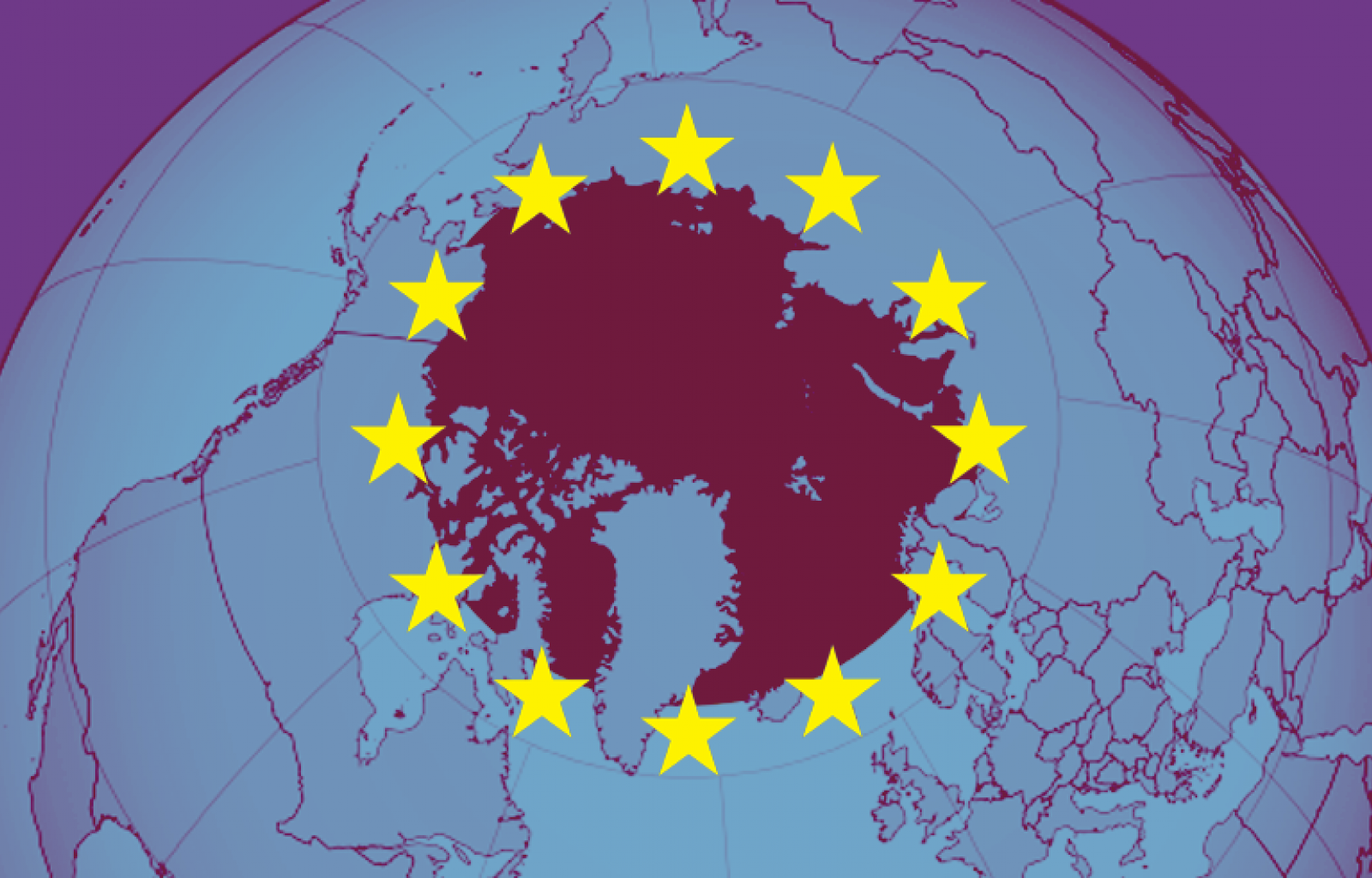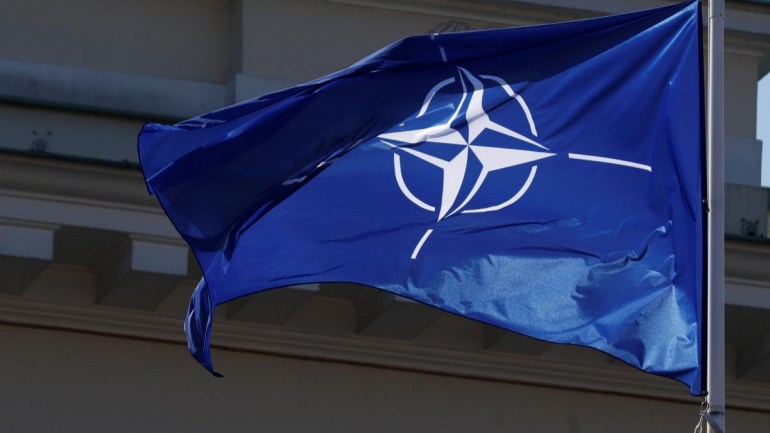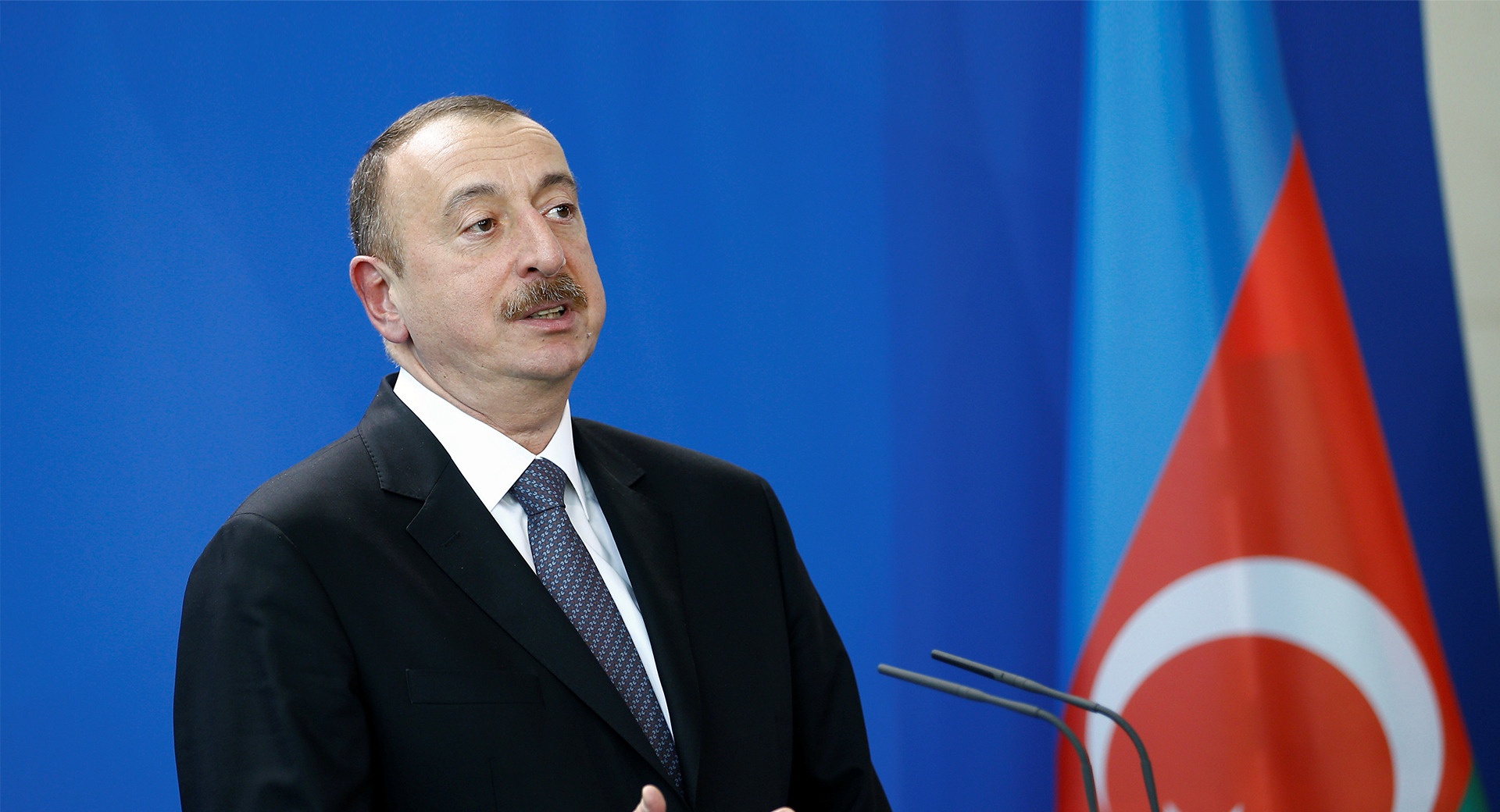
While the Covid-19 pandemic overshadowed remarkable jubilees such as 75-years of the UN-Security Council in 2020, it comes as no surprise to assess Covid-19’s domination over the political sphere to continue at least for the near future. One jubilee likely to find itself missing attention is the 25-year anniversary of the Arctic Council. Said institution considers itself responsible for the promotion of cooperation, coordination and interaction among the Arctic States, Arctic Indigenous peoples, and other Arctic inhabitants on common Arctic issues[1]. It consists of the five countries bordering the Arctic (the A5), namely the US, Canada, Russia, Norway and Denmark (via its autonomous region Greenland) in addition to Finland, Iceland and Sweden.
The Arctic is considered to be a region of substantial natural resources such as oil and gas, in addition to vast fishing grounds. Lastly, future sea routes could massively shorten distances and hence reduce prices of transportation of goods. While all of this indicates shining economic prospects, the ecological fragility of the Arctic ecosystem and its vital role in the global environment render conflicts of interest inevitable. At the same time, the environmental changes and the de-freezing in the Arctic are the main propellants for the economic opportunities in the first place. To this end, rising geopolitical tensions are to be expected and the EU might find itself caught on the wrong foot to respond to a new great game.
COMMENTARY | Why the EU needs to Consider the Arctic as a Region of Strategic Interest — by @AlexanderGiese6
For the entire commentary
https://t.co/frro1BJT74 pic.twitter.com/JjNOTwUPUG
— Vocal Europe (@thevocaleurope) March 19, 2021
Click Here to Read the Entire Commentary
_________________
[1] https://arctic-council.org/en/about/



